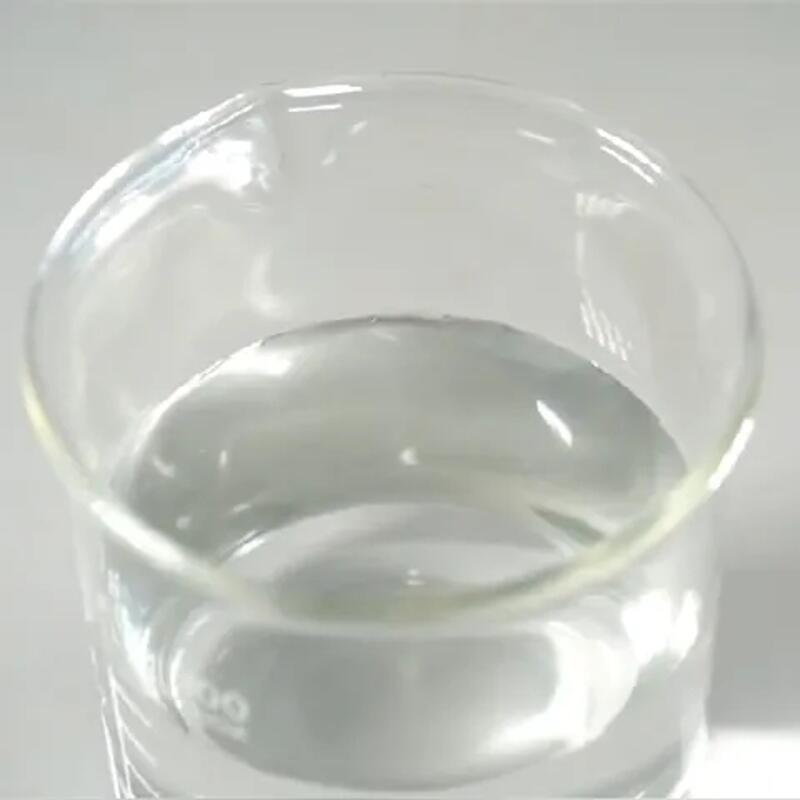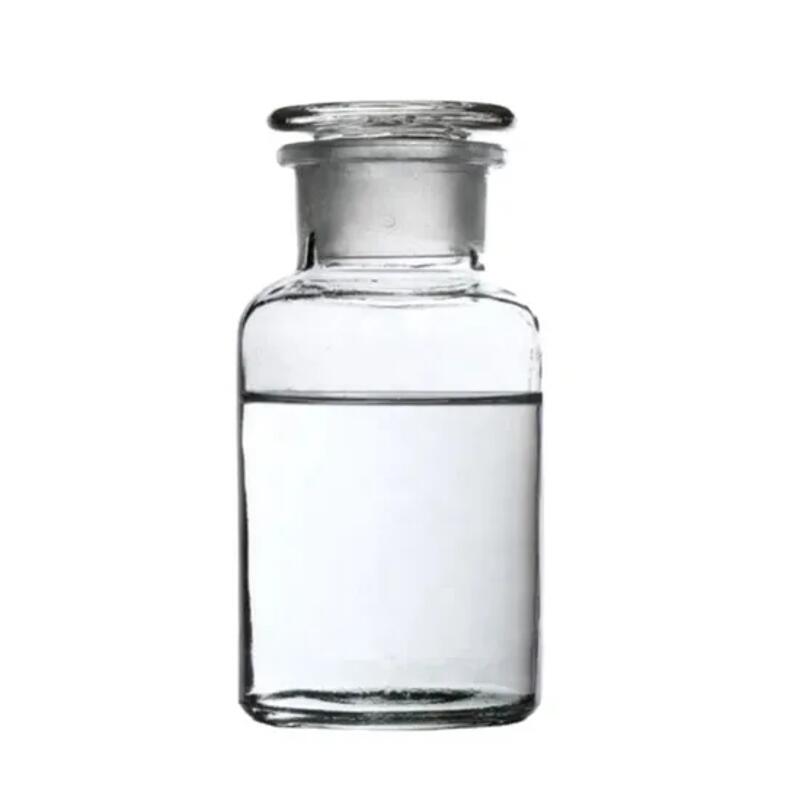-
Categories
-
Pharmaceutical Intermediates
-
Active Pharmaceutical Ingredients
-
Food Additives
- Industrial Coatings
- Agrochemicals
- Dyes and Pigments
- Surfactant
- Flavors and Fragrances
- Chemical Reagents
- Catalyst and Auxiliary
- Natural Products
- Inorganic Chemistry
-
Organic Chemistry
-
Biochemical Engineering
- Analytical Chemistry
-
Cosmetic Ingredient
- Water Treatment Chemical
-
Pharmaceutical Intermediates
Promotion
ECHEMI Mall
Wholesale
Weekly Price
Exhibition
News
-
Trade Service
Click on the blue words above to enjoy the feast of learning
Grateful Heart Thank you for having you
"Every day the anesthesiologist is overworked, like in a storm, pulling a kite line between life and death, and I constantly remind myself that no matter how tired I am, I must be awake".
.
.
Some people may have seen this drama, "Anesthesia Storm" is a true portrayal of
today's anesthesiologists.
Sharing "Judicial Decisions and Medical Reflections on Anesthesia Dispute Cases" every Tuesday
One case per week, welcome to discuss in the group
Drug abuse is a global public hazard
today.
In recent years, the number of drug users in China has continued to rise, about one in every 100 people
.
Anesthesia for drug addicts, have you come across? As the number of drug addicts in society continues to rise, so will the number of drug users who need surgery, and as an anesthesiologist, you have to be familiar and prepared
for this.
In addition to the structural and functional changes of the nervous system, the cardiovascular system, endocrine system, immune system, etc.
can also undergo great changes, so for drug addicts to elective or emergency anesthesia, anesthesiologists need to pay great attention to its complexity, otherwise it is easy to have various accidents and disputes
.
Cao was suspected of hallucinating after taking drugs and was sent to a drug rehabilitation center, on the way Cao bit the police, bit off the last part of his left index finger and swallowed it into his abdomen, and then the public security bureau sent Cao to the hospital
urgently.
The Public Security Bureau requested surgery to remove the severed finger
from the hospital.
At 19:45 on the same day, endoscopic foreign body removal was performed under intravenous anesthesia, and the patient suddenly stopped breathing from
19:50 to 20:00 that night.
Tracheal intubation at 20:10, ECG in a straight line
at 20:12.
Autopsy: On the basis of coronary atherocardia, Cao died of acute respiratory and circulatory failure
caused by the combined action of methamphetamine, trauma and blood loss and intravenous anesthesia.
Cao's family believes that the Public Security Bureau forcibly sent him to the hospital for endoscopic foreign body removal, causing serious physical damage
.
Under his extremely weak and unstable condition, the hospital did not conduct any preoperative examination on Cao, nor did it take ECG monitoring and rescue measures, forcibly operated on him, and used drugs that would inhibit breathing after the operation, resulting in Cao dying
of sudden apnea after surgery.
1.
The judgment of first instance and its main basis
Changzhou appraisal opinion: The hospital had certain faulty behavior in the diagnosis and treatment process of Cao, and there was a certain causal relationship between the wrong behavior and the consequences of Cao's death, and the causal force of the medical fault in the consequences was a minor factor
.
The family was not satisfied and submitted an appraisal
to the Jiangsu Medical Association.
Jiangsu Medical Association Medical Damage Appraisal:
1
.
Cao has a long history of drug use, and the anesthesiologist should foresee the possibility of cardiac arrest and fault.
There is no anesthesia record sheet, perioperative monitoring of respiratory circulation records, and the occurrence is not detected and treated in time;
2.
Lack of informed consent for gastroscopy and gastroscopy operation records;
3.
Apnea is not clearly recorded and unrecorded
.
Verdict: The hospital is liable for 50% compensation for the death
2.
Second-instance judgment and its main basis
The hospital appealed
The court held that 1.
Cao's death was caused by a combination of factors, but it does not mean that the effects of various factors are equal, and there is a certain causal relationship between
the doctor's fault and the patient's death.
The appeal was dismissed and the original judgment affirmed
To cure sometimes,
To relieve often,
To comfort always.
---------E.
Dr.
L.
Trudeau
1.
Anesthetics for drug addicts are treated with caution
The hospital's follow-up medical behavior does have great shortcomings, which are mainly reflected in four aspects
Drug addicts are often accompanied by high mental tension, extreme restlessness, and non-cooperation with examinations, but they should be very careful when using sedatives or narcotic drugs, should ensure that they are used for smooth breathing, and are ready for tracheal intubation at any time to prevent breathing and circulation accidents
.The medical prescription did not conduct a comprehensive physical examination and auxiliary examination, nor did it focus on the general condition and major organ function of the patient, and rashly took foreign bodies
from gastroscopy.Drug addicts should strengthen perioperative monitoring, resulting in respiratory failure soon after surgery and untimely
treatment.Important medical documents are missing, including surgical procedures and anesthesia records
.
Michael Jackson died of propofol and long-term drug abuse, and propofol was only the last straw
that crushed the camel's back.
2.
The anesthetic of drug addicts strictly abides by the norms
Medical institutions should weigh the pros and cons, and cannot blindly obey the request
of the public security organ under the premise of not guaranteeing the safety of the operation.
Medical institutions and practicing physicians should ensure what safety is the first responsibility, especially for anesthesiologists, strictly abide by medical operation routines, improve the necessary preoperative examination and preparation as soon as possible, select appropriate anesthesia methods, strict intraoperative monitoring and management, and careful observation and resuscitation
after surgery.
Of course, detailed and standardized anesthesia documents are naturally indispensable to avoid risks
.
Drug addicts do not actively inform about drug history, and even deliberately conceal it
.
However, as long as you observe carefully, you can often find some symptoms or signs, such as yawning, tearing, dizziness, itchy skin, superficial veins of the limbs, skin of the deltoid muscle of the upper arm, groin area, etc
.
For patients who admit to having a history of drug use, they should focus on the time of drug use, the mode of drug use, the type and frequency of drugs, especially the use of drugs in the recent past, so as to select appropriate anesthesia methods, types of anesthetic drugs, doses, etc
.
For a large number of long-term drug addicts, we should pay attention to the heart, liver and kidney function, improve the preoperative examination and examination, and make a detailed assessment
.
3.
The anesthesia of drug addicts should be studied in depth
At present, there are few studies and are mainly divided into three key aspects
1.
Changes in body function of drug addicts and their influence
on anesthesia tolerance.
Quantitative evaluation studies of anesthesia and surgical tolerance should be conducted, or detailed clinical guidelines
should be issued.
2.
Changes
in the sensitivity of drug addicts to general anesthesia drugs.
The body's tolerance to opioids and cross-tolerance, and increased sensitivity to pain, may result in the use of normal doses of sedative analgesics may be ineffective, the amount of anesthetic used is significantly increased, and the anesthetic effect may be unsatisfactory, but the risk is significantly increased
.
At present, many addicts use a variety of drugs mixed, coupled with the complexity of drug doping ingredients, toxicity may interact to produce a "synergistic effect", the central effect of mixed drugs on general anesthetics will appear extremely complex, the required dose of general anesthetics is difficult to predict, need to be monitored intraoperatively Individualized dose regulation
.
3.
Prevention and control
of perioperative withdrawal symptoms.
During and after surgery, it can effectively control withdrawal symptoms, such as anxiety, tearing, sweating, increased respiratory secretions, deepening breathing, rapid pulse, restlessness, etc
.
If the anesthesia effect is not good, it is very easy to withdraw, and there will be uncontrollable restlessness and struggle, making the surgical anesthesiologist very passive
.
For anesthesiologists, from preoperative visits, the signing of informed consent, anesthesia implementation to postoperative analgesia, postoperative follow-up, each step must be carefully and strictly in accordance with medical routines to carry out diagnosis and treatment, while constantly improving their professional technical level, enriching anesthesia practice experience, is the technical guarantee to
avoid medical risks or enhance tolerance.
Grateful Heart Thank you for having you







